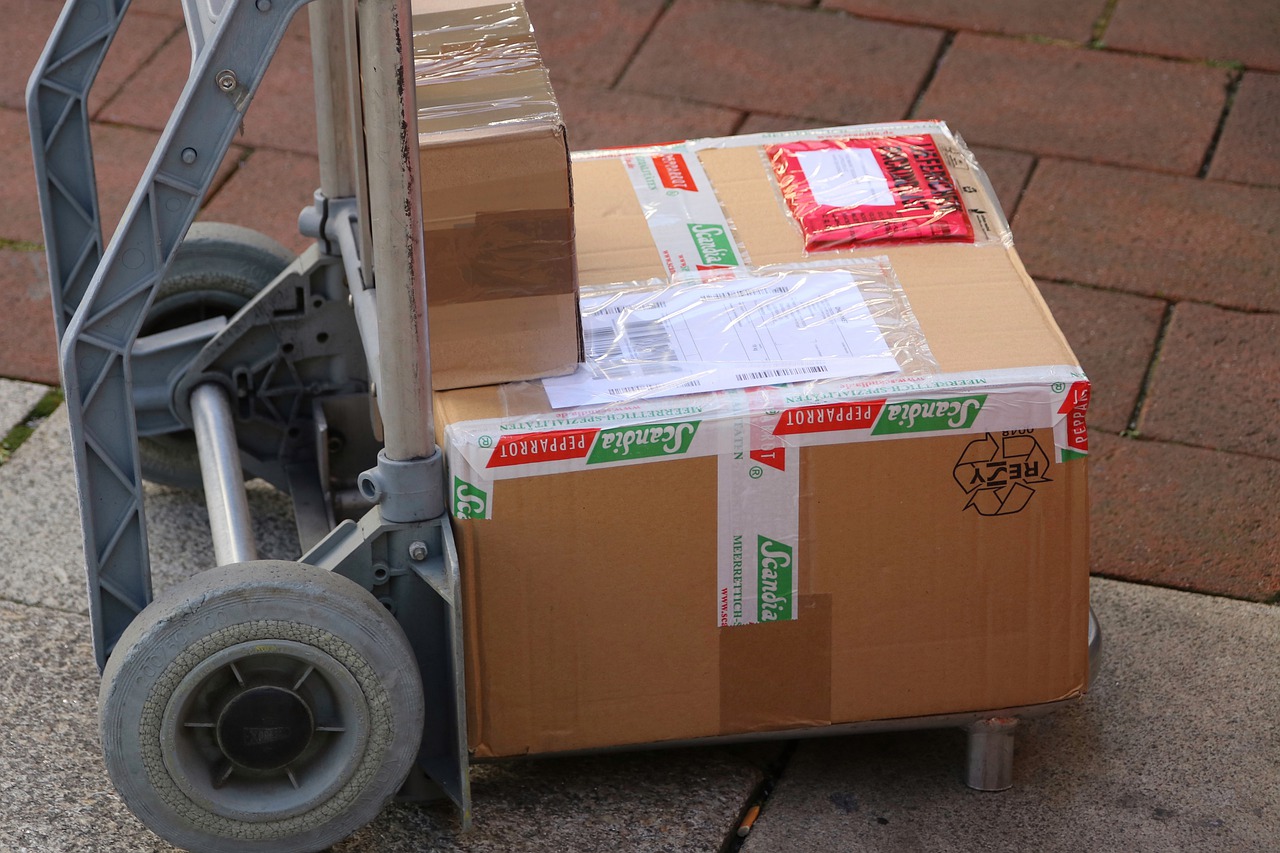TIRANA, February 1
Albanian authorities plan to raise the value of a shipment of merchandise that can be imported free of duties and taxes from Euro 22 to a higher amount. The raising of the de Minimis exemption follows a report by the World Bank (WB) on the e-commerce market in Albania. The publication put great emphasis on the obstacles to e-commerce success that need direct addressing. Yet, the lack of awareness of the great potential of e-commerce is one huge barrier to its development.
The existing De Minimus came into effect in August 2016 when the customs duty threshold was decreased from Euro 145 to Euro 22.
The recent initiative is part of a draft law ‘On the adoption of the postal service policy in the Republic of Albania for 2021-2026’. The draft bill was issued for consultation on January 29th and stakeholders are invited to submit comments of recommendations within 20 business days.
Like the WB’s report, even the draft-bill points out that Albania is lagging behind compared to the other countries in the Balkan region.
Moreover, it ranks some of the challenges in the existing postal system as mentioned by the WB report for example the fact that while Albania Post offers a low-cost postal service across the country, prices are still elevated relative to local incomes.
“The cost of international postal service is driven up by a significant imbalance between inbound and outbound parcel deliveries. According to the Universal Postal Union (UPU), more than three times as many parcels enter Albania as are sent abroad (a pattern also mirrored in Albania’s overall trade balance) – meaning that planes and trucks on outbound trips are often not loaded to capacity, driving up the unit cost of delivery,” the draft-bill says as quoting the WB report.
Further on, both the bill and the report highlight that Albania’s unreliable address system is a structural obstacle to cost-effective and timely postal delivery. This refers to cities affected by rapid urbanization like Tirana. However, in Tirana everyone gets monthly utility bills delivers at home. Yet, this is not the case with parcels, which have to be collected in person at two specific post offices.
This draft-bill can be important to micro, small, and medium-sized (MSME) businesses that want to expand their customer base, create added value, adopt new business practices, or change the way how they interact in the marketplace. Hence recommendations and comments on the bill by stakeholders would be important. information on where to submit comments is available here.
Source: MIE

Leave a Reply
You must be logged in to post a comment.